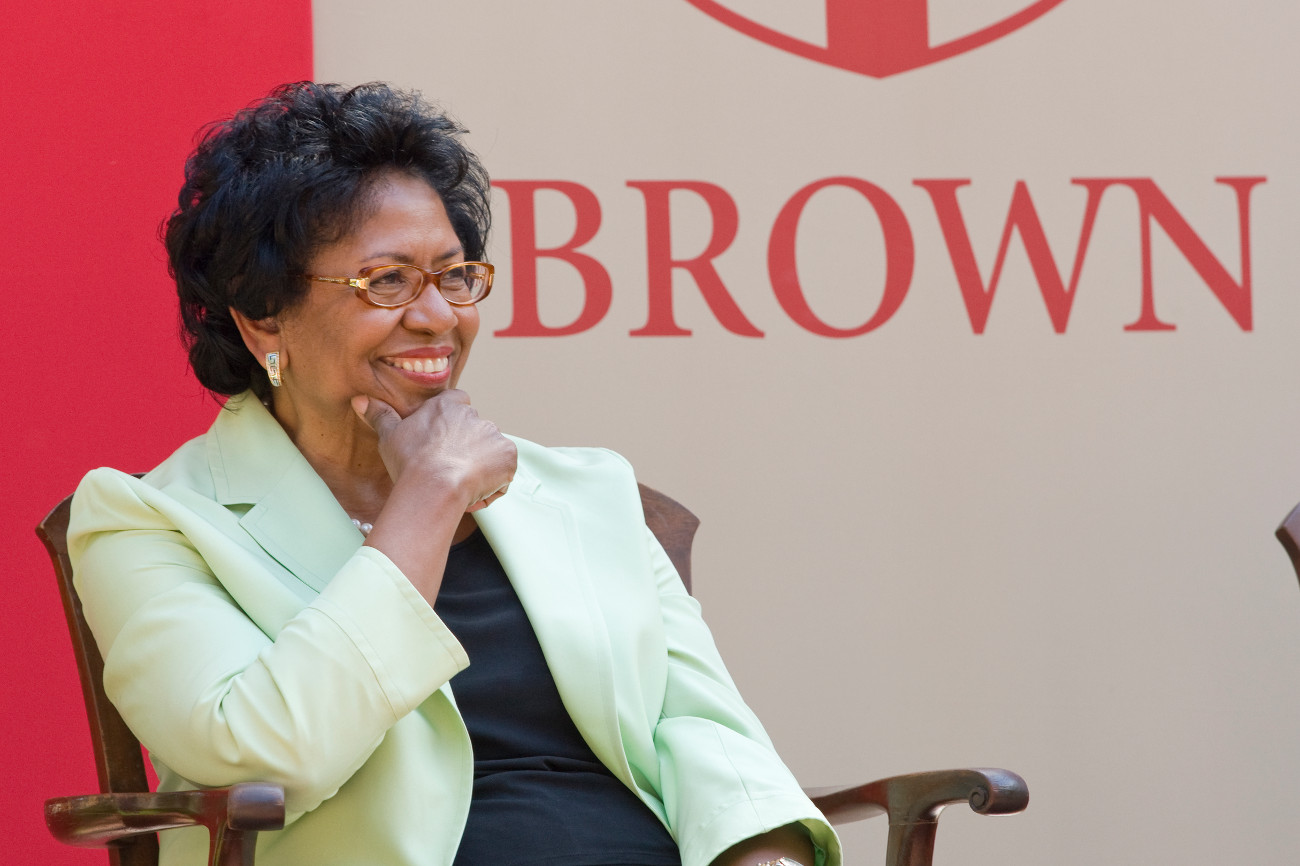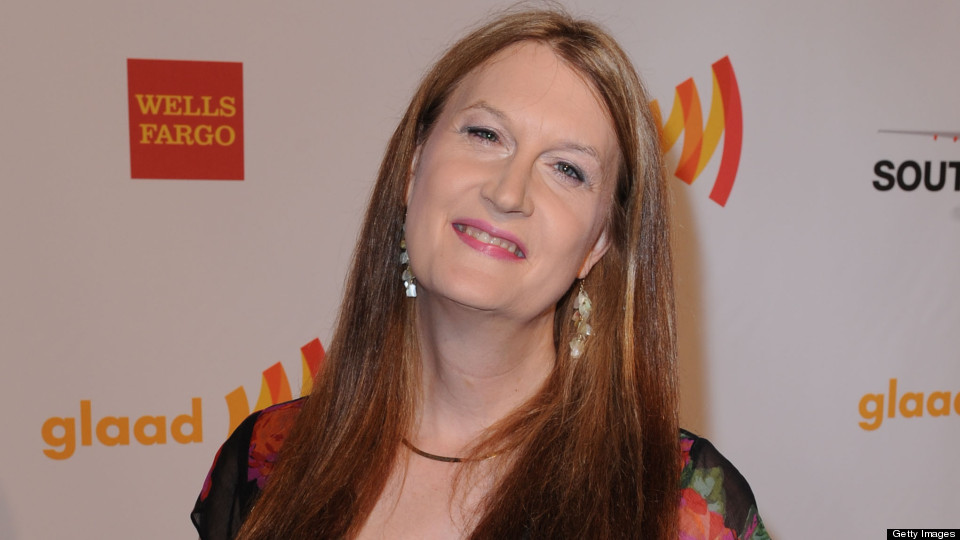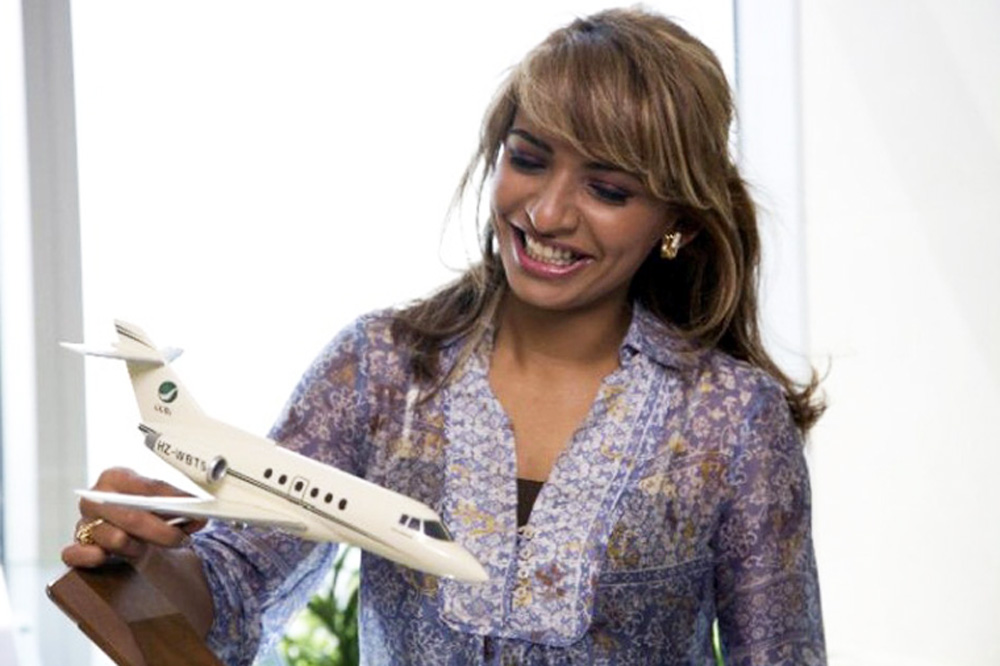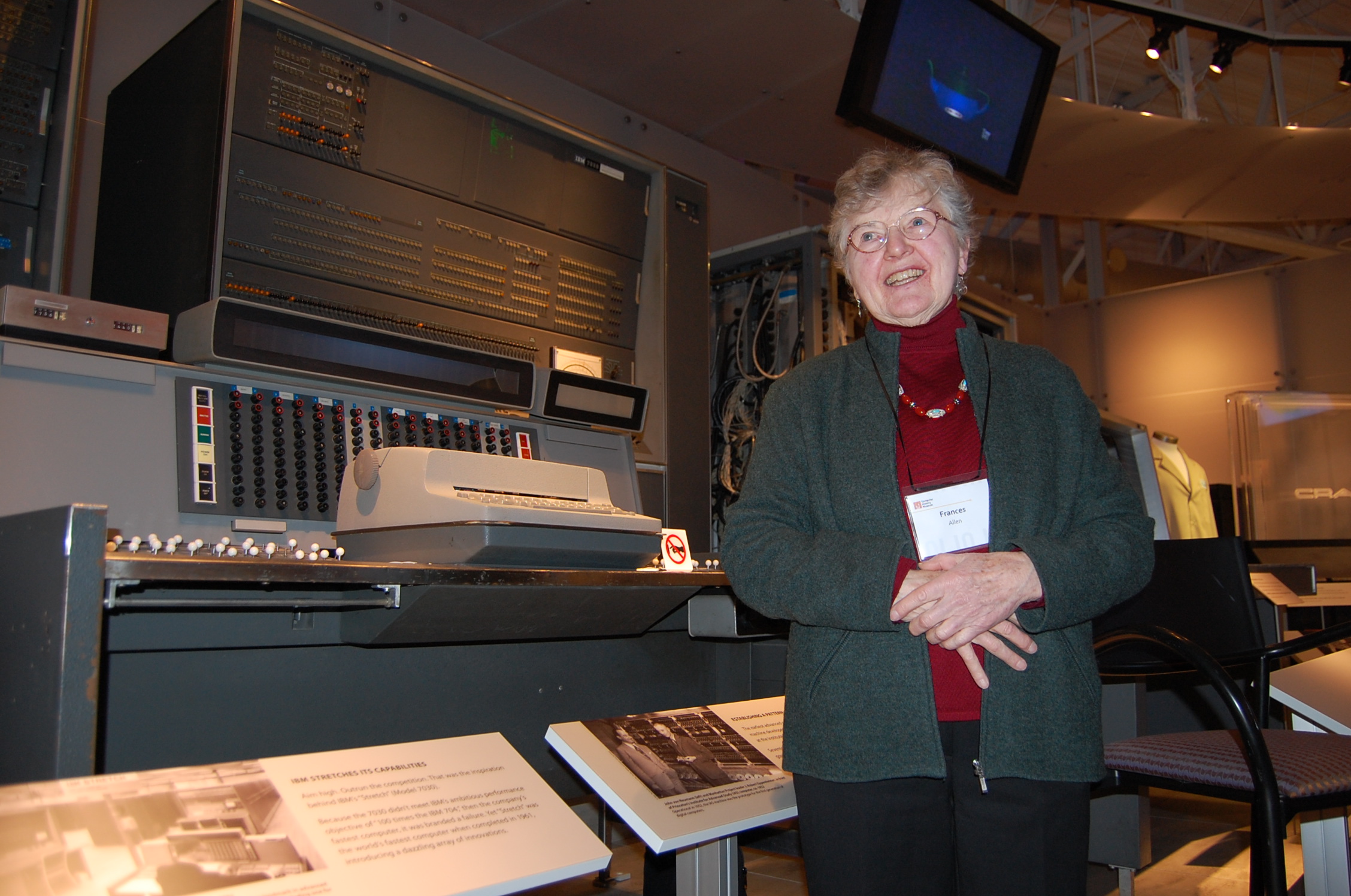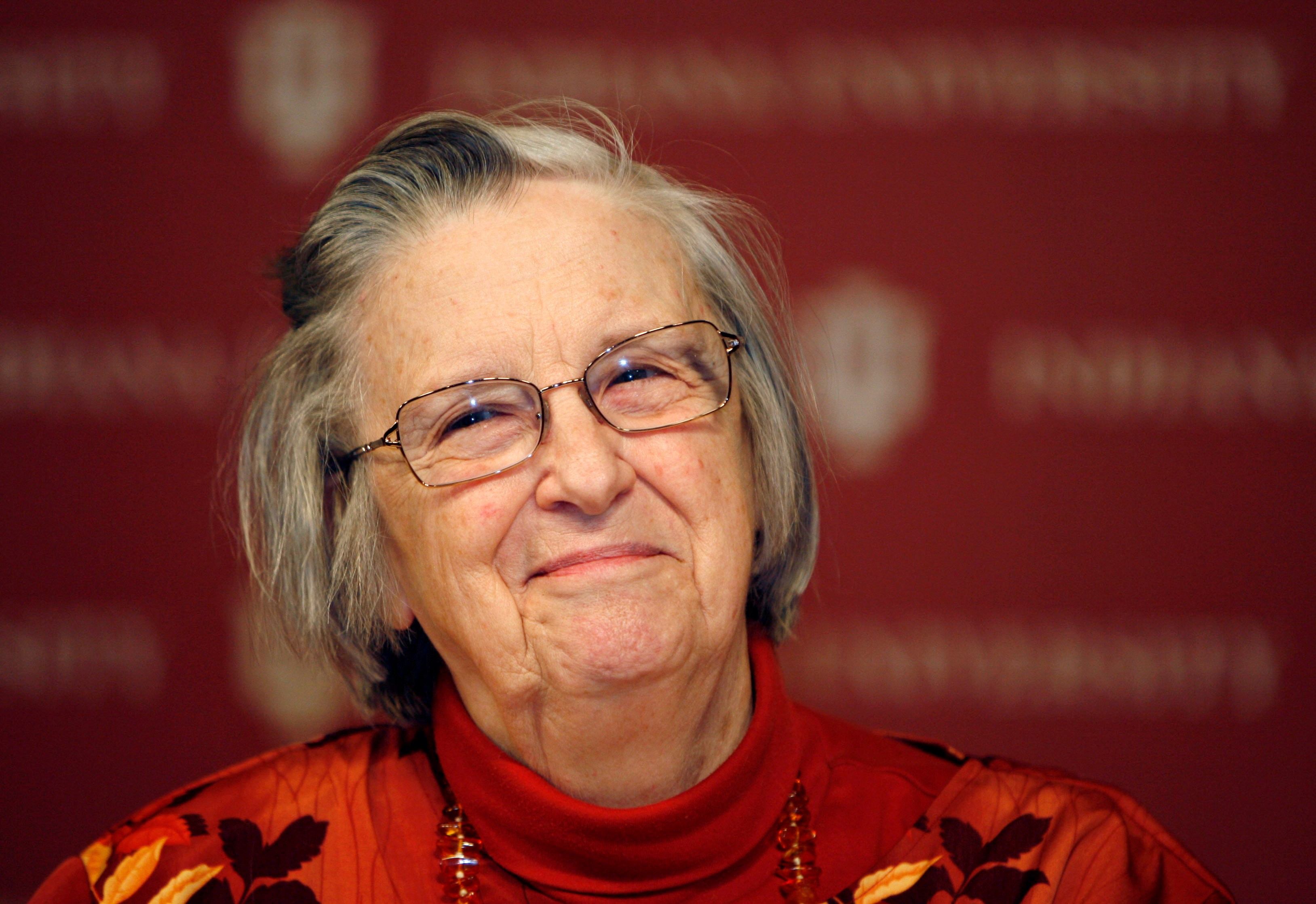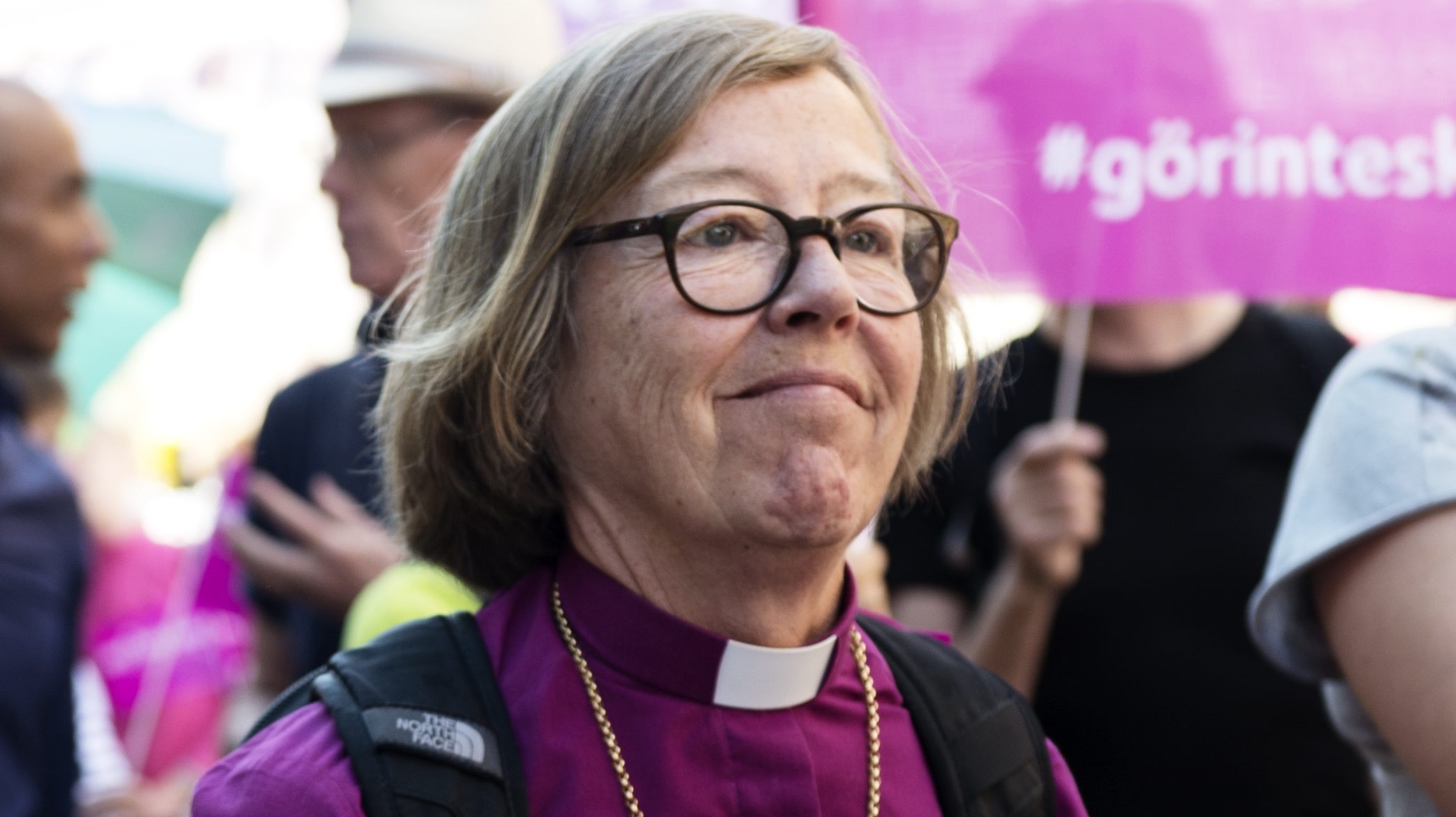Two years ago, we wrote about eight historic firsts for women that served to purge egregious stereotypes that claimed women would not, could not, ever be as capable of creating Great Work.
They would not, could not, ever beat out men for the most prestigious of international accolades.
They would not, could not, ever run their own company.
They would not, could not, ever run a country.
Those eight women, picked from amongst hundreds, proved that women could and would.
Over the last 18 years, the eight women celebrated below have carried on this expectation-defying legacy. Their courage and commitment to excellence should serve as an inspiration to all. The fact that I’m writing a list like this about the 21st century at all proves there’s still work to be done before the stigmas are destroyed for good, but also reminds us that progress is happening every day.
2001 – Ruth Simmons
First Black Woman President of an Ivy League Institution
In 1862, Mary Jane Patterson become the first African-American woman to earn a bachelor’s degree when she graduated from her teaching course at Oberlin College.
139 years later, Ruth Simmons became the first black woman to hold the presidency of an Ivy League institution, when she took the role at Brown University.
Simmons’ appointment was especially noteworthy considering that Brown had been founded on money made from the Atlantic Triangular Slave Trade that operated between the 16th and 19th centuries.
In response to this, Simmons established the University Steering Committee on Slavery and Justice to review and discuss how Brown might deal with this dark part of its history now, and into the future. It would be just one of the many efforts she undertook during her decade in the position to make the university a more accepting and enriching institute for students from across the world.
2003 – Jennifer Finney Boylan
First Bestselling Transgender Author
“People’s personalities were pretty much finished developing by the time they were 13 years old. Then you spent the next 80 years trying to cover it up”, wrote Jennifer Finney Boylan – then known as James Boylan – in her book, The Planets.
A decade later, she tired of covering it up, and made her transition. The story of this process was revealed in She’s Not There: A Life in Two Genders, which would go on to become the first bestselling book by a transgender author.
Confronting and humorous, it catapulted Boylan into a role of advocacy for those like her. She became the first transgender co-chair of GLAAD, and serves on the policy board for Gender Rights Maryland, while continuing to work as a teacher at Barnard College.
2005 – Hanadi Zakaria Al-Hindi
First Saudi Woman to Receive
a Commercial Pilot License
Hanadi Zakaria Al-Hindi always wanted to pilot a commercial airplane. It was a point of mockery to her peers; how could a Saudi woman, who wasn’t even allowed to drive a car in her home nation at the time, ever dream of flying a plane?
With the support of her father, Al-Hindi moved to Jordan to take aviation courses, and eventually received her commercial license. It was the first step towards her goal. The second came when Prince Al-Waleed bin Talal hired her on a ten-year contract as a pilot on his personal jet.
The role allowed her to receive her commercial license in Saudi Arabia, making her the first woman ever to do so.
Since completing her contract, Al-Hindi has been offered multiple jobs from Middle Eastern airlines, but she’s refused them all. She’s waiting until the day when a Saudi airline recognises her talent, and offers her a position in one of their cockpits.
2007 – Frances E. Allen
First Woman to Win the Turing Award
In 1957, mathematician Frances E. Allen joined IBM to teach programming language Fortran to incoming employees. It was a means to an end. When she had paid off her student loans, Allen said, she’d starting looking for something new.
She would spend the next 45 years at the company, where he research would first optimise, then entirely transform the computing industry.
Allen would be the first woman to become an IBM Fellow in 1989, but it was the awarding of the Turing Award – the Nobel Prize for computing – that represented the profound impact her work made on the development of modern computing systems.
2009 – Elinor Ostrom
First Woman to Win the Nobel Prize in Economics
After graduating from UCLA with a Bachelors (with Honours) in Political Science, Elinor Ostrom had trouble finding a job. Employers assumed, because she was a woman, that all she wanted to be was a teacher, or a secretary.
It would be some time before she’d find supporters in Indiana University, where she and her husband founded the Workshop in Political Theory and Policy Analysis.
Here, she would produce the research into economic governance that saw her become the first, and so far only, woman to receive the Nobel Prize for Economics in 2009.
Ostrom continued working until her death from cancer in 2012, posting an article on Project Syndicate mere hours before her passing.
2009 – Eva Brunne
First Openly Lesbian Bishop
in a Mainstream Church
Women and religion, historically, haven’t had the greatest relationship. So when Eva Brunne was named bishop of the Church of Sweden in 2009, making her the first openly lesbian bishop in a mainstream church, the impact was great.
Bruune has been an advocate for acceptance since taking on the role. In October of 2010, she delivered a speech against racism so potent that political leaders from the country’s democratic party stormed out in protest.
She also called for crosses to be removed from the Seaman’s Church on Stockholm Harbour, in an attempt to make it a place of interfaith worship for visiting sailors. The church leaders refused.
2014 – Maryam Mirzakhani
First Woman to Receive the Fields Medal
Iranian Maryam Mirzakhani was a brilliant mathematician whose life was driven by a relentless pursuit for understanding.
Undertaking her Ph.D at Harvard University, before teaching at Princeton and Stanford, her impact on the field over six short years was nothing short of phenomenal.
It all culminated in Mirzakhani become the first woman to win the prestigious Fields Medal, the highest award in the field of maths, in 2014.
Unfortunately, the year before, Mirzakhani was diagnosed with breast cancer. She would die in 2017 at only 40 years of age.
In response to her death, Iranian President Hassan Rouhani declared “the unprecedented brilliance of this creative scientist and modest human being, who made Iran’s name resonate in the world’s scientific forums, was a turning point in showing the great will of Iranian women and young people on the path towards reaching the peaks of glory and in various international arenas”.
2015 – Agnès Varda
First Woman to Receive an Honorary Palme d’or
In the midst of the French New Wave of filmmaking, Agnès Varda stood as one of the few iconic woman in a group of internationally celebrated men, creating stories imbued with the essence of freedom.
Though her work was never as popular as that of Jean-Luc Godard or François Truffaut, its impact on a definitive era of filmmaking is unmistakable.
In 2015, Varda become one of only four filmmakers (and the first woman) to receive an honorary Palme d’or from the Cannes Film Festival, celebrating that while she had never received the award for one of her films, that did not mean she was not worthy of it.
Late last year, Varda released what is likely to be her final film, Faces, Places. A reflection on the power of artistry and connection in collaboration, the Academy Award nominated documentary is a must watch. You can read our full review here.

